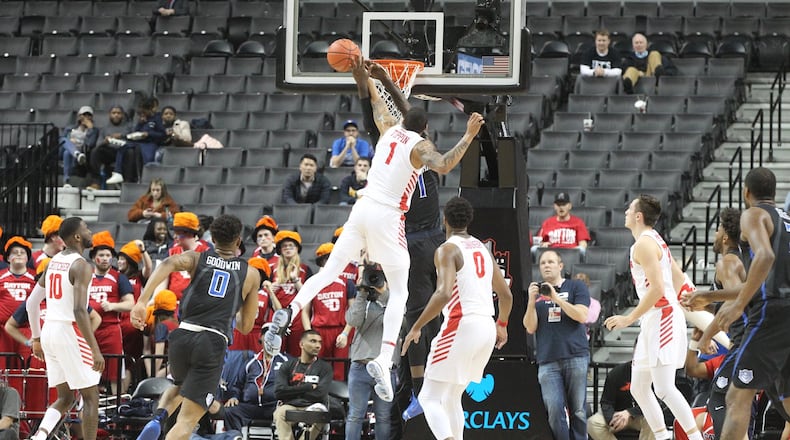RELATED: Will Ohio legalize sports gambling? Bet on it
The Ohio Senate is considering a bill that would give oversight to the Casino Control Commission, which means there could be a showdown between the two chambers over which approach Ohio will take.
At least 19 states have legalized sports betting. The move to legalize sports betting comes after the U.S. Supreme Court in 2018 overturned a 1992 federal law that prohibited it other than in a handful of states.
Illegal sports betting is a $150 billion a year business in the U.S., according to the American Gaming Association.
House Bill 194 is supported by Penn National Gaming and the American Legion of Ohio.
It is opposed by Citizens for Community Values, Bowling Centers Association of Ohio, the Cincinnati Reds, and the PGA. Ohio public and private universities have also expressed reservations about legalizing betting on collegiate sports.
The House also voted Thursday 90-2 in favor of House Bill 282, which would reform the state’s charity bingo law.
Charity bingo games were first authorized in Ohio in 1975. HB282 would allow charitable organizations to offer both paper and electronic formats for instant bingo games.
The Ohio Attorney General oversees charitable gaming and would be required to adopt rules and licensing for electronic instant bingo operators.
According to the AG’s office, charities in Ohio brought in $102 million in bingo revenues in 2018. There are 1,800 licensed bingo operators in the state.
About the Author

